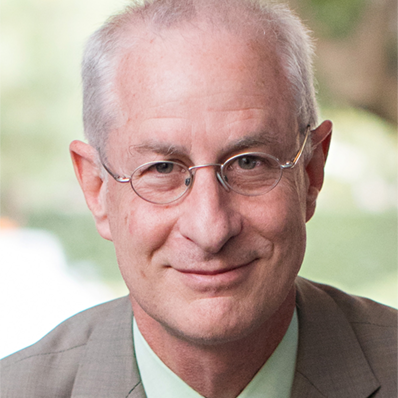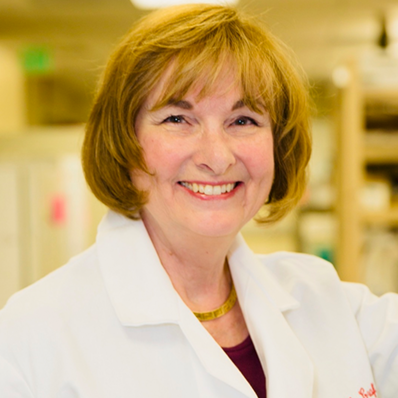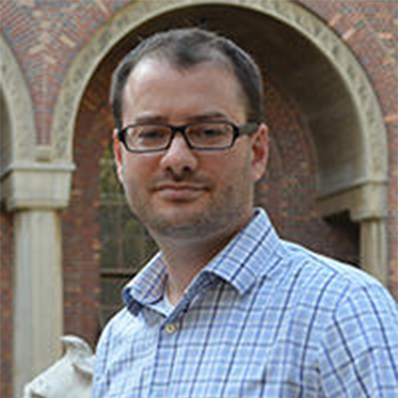Chen, Jeannie
Professor of Physiology and Neuroscience
The major focus of my laboratory is to study sensory neuron signaling and mechanisms of retinal degeneration and neurodegeneration using cell culture and rodent models. Through interdisciplinary collaboration, we deciphered basic mechanisms of sensory neuron signal transduction and disease pathogenesis in retinal degeneration and neurodegeneration where protein mis-folding and aggregation is an underlying cause of disease.
Cohen, Pinchas
Distinguished Professor of Gerontology, Medicine and Biological Sciences
The Cohen lab studies mitochondrial microproteins. We take a systems biology approach to mitochondria, looking at mitochondrial ORFomics, mito-genomics, mitochondrial-epigenetics, mito-transcriptomics and mitochondrial-proteomics. Our discovery pipeline involves novel bioinformatic approaches to clone and advance disease-relevant mitochondrial-derived peptides. We utilize MiWAS (mitochondrial GWAS), MDPseq (mitochondrial RNAseq) and related tools, to identify new microproteins involved in diseases of aging. Over the last two decades we described multiple novel genes including humanin and its cytoprotective and neuroprotective roles; MOTS-c, which is an exercise-mimetic peptide in which a loss-of-function mutation predisposes to diabetes, that has been advanced to clinical trials in humans; SHLP2, which is involved in neurodegenerative diseases; SHMOOSE, a neuroprotective microprotein that harbors a mutation that predisposes to Alzheimer’s disease, and multiple other previously unrecognized microproteins. Our goal is to continue to develop diagnostic tools and therapeutic targets for health aging
Cortes, Constanza
Assistant Professor of Gerontology
We investigate the mechanisms of exercise-associated neuroprotection in the context of aging and Alzheimer's disease. We utilize transgenic exercice-mimetic transgenic mice in combination with running interventions to isolate and prioritize novel 'exerkines' to move into pre-clinical trials. We are also building an 'exercise atlas' of the brain across the lifespan, with the ultimate goal of developing exercise in a pill as a novel intervention for Alzheimer's disease
Craft, Cheryl Mae
My well established vision research program encompasses my passion for discovery and deciphering rod and cone phototransduction mechanisms in health and disease using animal models for retinal degeneration. Throughout my academic career my research discoveries identified key genes in the pineal and retina, including arrestins to maintain normal high acuity vision. Currently, my personal goals include developing alternative therapeutic rescue treatment strategies with replacement gene therapy and in vitro stem cell technology. With Cobrinik and collaborators, we identified key developmental cone regulators controlling retinoblastoma genesis. I strongly believe in the importance of mentoring vision and clinician scientists and providing medical ethical training doctoral and medical students, and society.
Dias, Brian George
Associate Professor of Developmental Neuroscience & Neurogenetics
Our research seeks to understand not only how mammalian neurobiology, physiology and reproductive biology is impacted by psychosocial and nutritional stress but also how parental legacies of such stressors influence offspring. To achieve this understanding, we employ a lifespan approach to study how stressors affect: sperm/egg/embryo (pre-conceptional stress), the gestating fetus (in utero stress), and the developing infant (post-natal stress). Our experimental approaches include assaying learning-memory-motivation, virus-mediated manipulation of neuronal activity and gene expression, (epi)genetic profiling of cells, in vivo fiber photometry and induced pluripotent stem cells (iPSCs).
Dickman, Dion
Associate Professor of Biological Sciences
Synaptic development, function, and plasticity in Drosophila.








